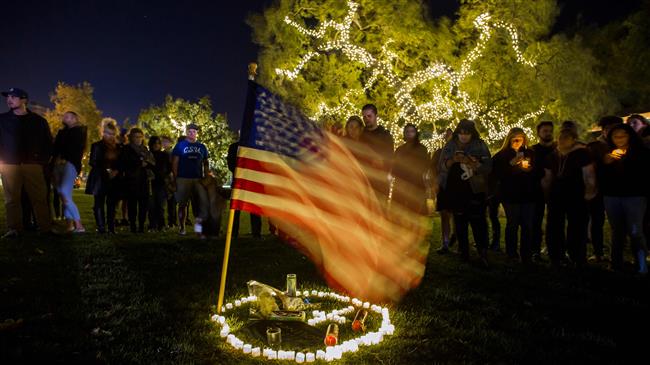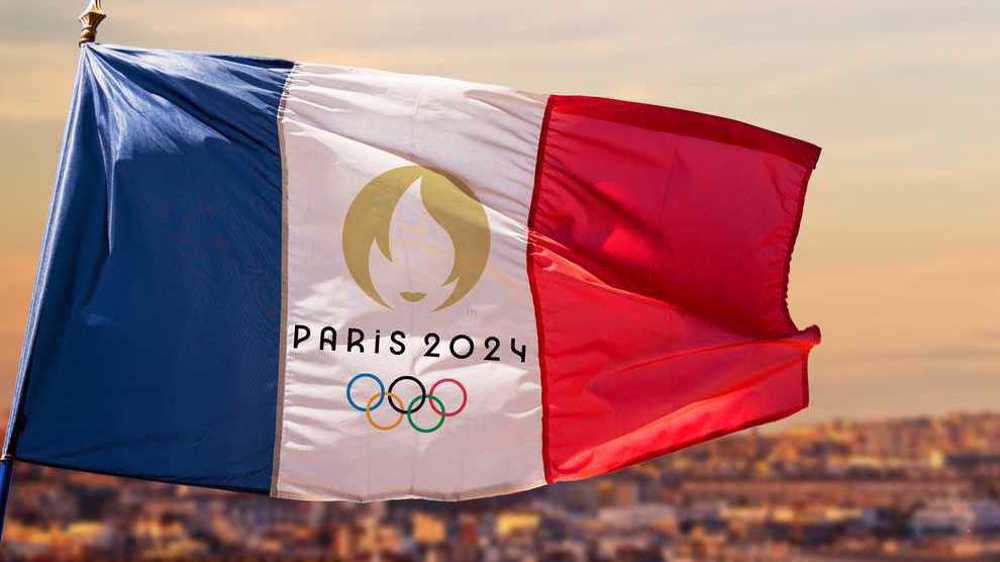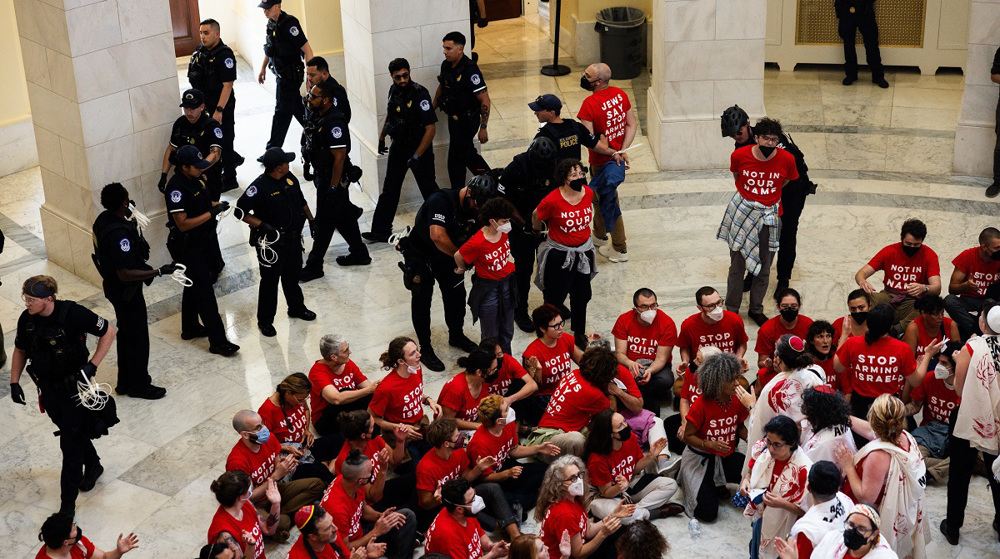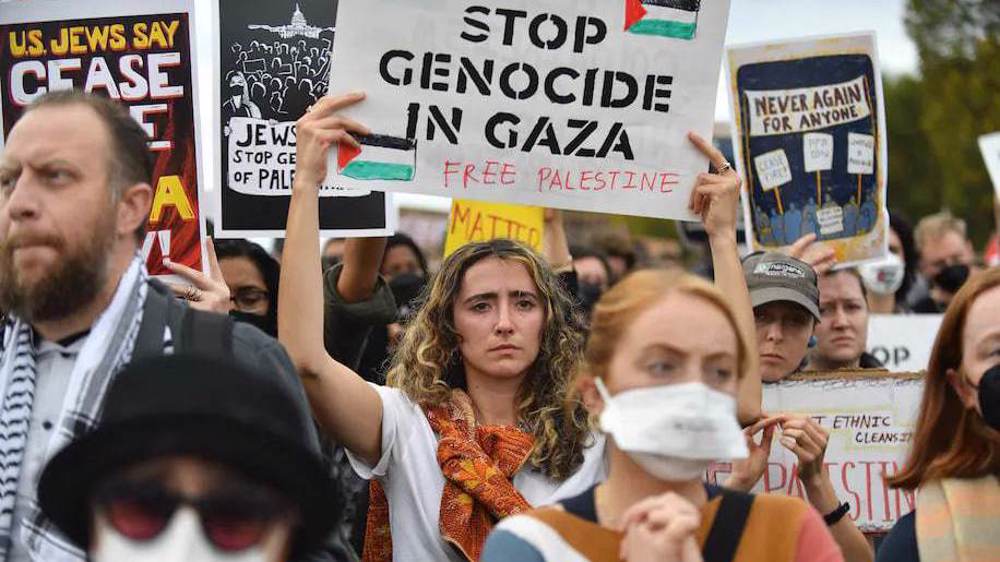California massacre makes 307 mass shootings since beginning of 2018: Data
The recent killing spree at a restaurant in the US state of California, where a gunman shot dead 12 people and himself, marked the 307th mass shooting in the US since the beginning of 2018, underscoring the country's ongoing gun violence epidemic.
The massacre on Wednesday night at the Borderline Bar and Grill, became the nation's latest mass shooting, according to data from the Gun Violence Archive (GVA), a not-for-profit organization that provides online public access to information about gun-related violence.
In all, 328 people died in those incidents, and 1,251 were injured, according to the data. The numbers include incidents in which four or more people were shot or killed, not including the shooters, according to the archive.
The FBI defines mass murder as four or more killed rather than four or more shot.
The rampage also came during three weeks of hate and terror that have jolted the country, including a massacre at a synagogue in Pittsburgh, Pennsylvania, that left 11 elderly Jewish worshippers dead.
In September, Amnesty International warned that the gun violence situation in the US has grown into a full blown "human rights crisis" and the administration of President Donald Trump was doing little to solve it.
In a scathing report the UK-based group warned that “all aspects of American life have been compromised in some way by the unfettered access to guns, with no attempts at meaningful national regulation.”
Loose laws that allow people to own handguns without a license or permit in 30 US states and the lack of preventive measures such as a national registration system for gun owners were among the factors that Amnesty said contributed to the situation.
According to the organization, an average of 106 individuals died a day from firearm-related incidents in 2016, totaling 38,658. Of that figure, nearly 23,000 were suicides and more than 14,400 were homicides, Amnesty said.
The report also said that more than 116,000 people suffered injuries from firearms in 2016.
The issue of gun violence has become all the more polarizing under Trump, a Republican whose presidential campaign was funded partially by the National Rifle Association (NRA).
The president has been reluctant to address the growing issue in his speeches and following several high-profile mass shootings in the country.
However, faced with mounting pressure, the president agreed earlier this year to sign a $1.3 trillion spending bill that included modest improvements to background checks for gun sales and grants to help schools prevent gun violence.
VIDEO | Press TV's news headlines
July 26: ‘Axis of Resistance’ operations against Israeli occupation
Palestinian resistance fighters hit Israeli Merkava 4 tanks
VIDEO | UK police brutal assault on Muslim family sparks outrage, protests
Hamas: Death of leader in Israeli jail amounts to murder
EU sends €1.5 billion to Ukraine from frozen Russian assets
VIDEO | Millions of Yemenis rally for Gaza, call for more anti-Israel operations
UN chief calls for Olympic truce as games begin in Paris












 This makes it easy to access the Press TV website
This makes it easy to access the Press TV website